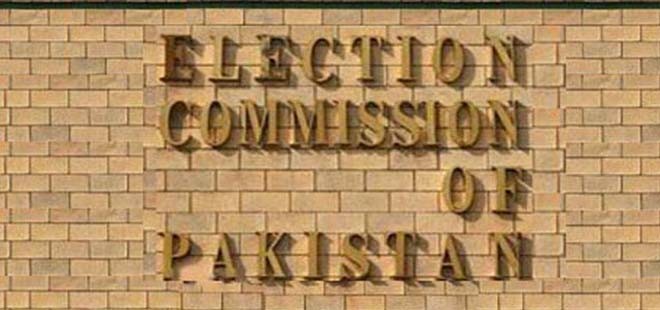
The question about how to make the ECP and the electoral process trustworthy so that the system of having interim governments can be done away with needs to be answered

Free, fair and transparent elections have a key role in promoting democratic norms in a society and giving people the right to choose their representatives. Governments formed through rigging in elections lack public support and, therefore, do not feel compelled to serve the masses.
Unfortunately, in Pakistan almost all the elections held so far have been seen with suspicion and are tainted with allegations of rigging. Interim set-ups put in place to oversee the electoral process have regularly faced charges of pre-poll, poll-day, and post-poll riggings.
The Election Commission of Pakistan (ECP), despite claiming to be independent and transparent, has failed to win the trust of all sides. Critics say that the ECP has never enjoyed complete independence and authority that it should have and the reforms made to streamline are nothing more than a farce.
In the current scenario, where the credibility of ECP has been questioned by some political parties, it has become imperative for those who matter to take the issue seriously.
The importance of a powerful, independent, and transparent election commission can be observed in India where the outgoing government conducts general elections. It is has happened quite often in India that the outgoing government has lost the elections it has managed.
Analysts cite the general elections of 2008 in which the PML-Q was wiped out despite Gen. Pervez Musharraf in power. However, others claim that the murder of Benazir Bhutto, the Lal Masjid episode, and National Reconstruction Ordinance (NRO) had more to do with the results than anything else.
The question about how to make the ECP and the electoral process trustworthy so that the system of having interim governments can be done away with needs to be answered. The first step the government can take is to give real powers to the ECP to manage its affairs and select its workforce independently. For instance in India, banks have to report all transactions above Rs one million to the ECP after the announcement of the election schedules. The contestants are barred from holding marriages of their children while the election is being held, just to keep a check on the use of money.
In Pakistan, the ECP cannot take action against the presiding officers and returning officers, according to its code of conduct. That’s why complainants have made their contestants respondents, instead of the Returning Officers (ROs). The commission’s secretary Ishtiaq Ahmed Khan, has recently said that they have requested the parliament to amend the law and empower the commission to take action against anyone who is found guilty of misconduct.
A consultant working on a donor-funded project on how to make ECP credible says, on the condition of anonymity, that there are suggestions that the Chief Election Commissioner (CEC) should not necessarily be a retired judge as holding of elections is an administrative matter and the judges are good at adjudication. Besides, he adds, it should not only be the prerogative of the ruling party and the leading opposition party in the parliament to suggest names of CEC and members. The smaller parties in the parliament and those which do not have a representation in the house should also be consulted.
The ECP, according to him, should have independent control over HR matters and budgets, and should not be dependent on approvals from the president as is the case at the moment.
Besides, he says, provincial members of the ECP should be appointed by provinces. The District Election Commissioners (DECs), who are permanent employees of the commission, should me made ROs instead of executive officers from judiciary or civil officers.
There is evidence that commission’s own staff, which holds bye-elections, etc., has arranged elections in a far better way than ROs from other cadres, he concludes.